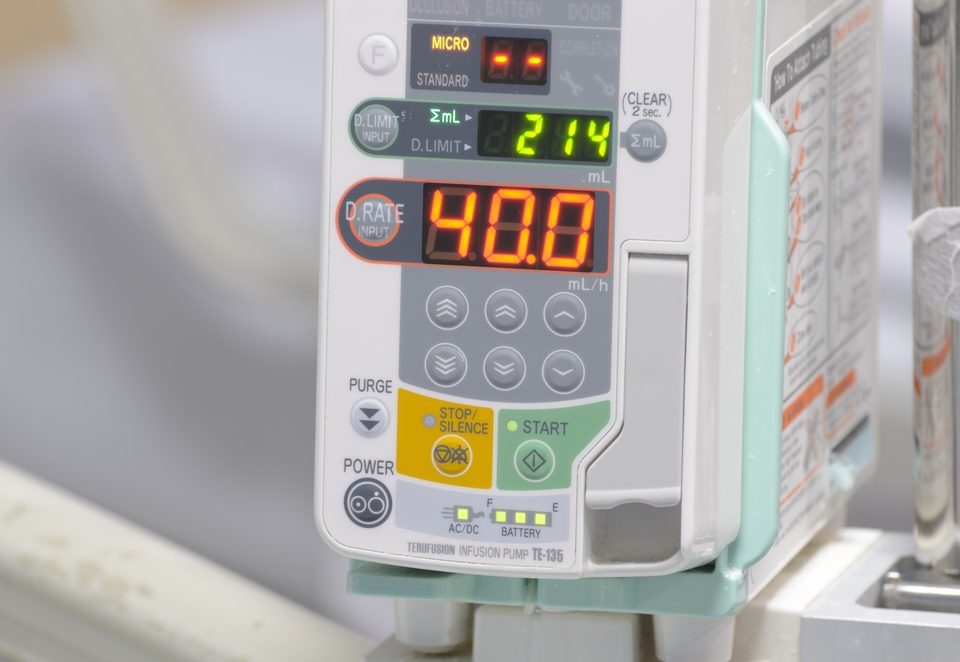
6 Tips to Improve Your Memory
July 19, 2016
What to Expect from Chemotherapy
August 2, 2016Beginning January 1, 2015, Medicare began paying for chronic care management, or CCM. CCM is defined as the non-face-to-face services provided to Medicare beneficiaries who have multiple (two or more), significant chronic conditions. Officially, under CPT code 99490, the Centers for Medicare and Medicaid Services (CMS, the reimbursement arm of Medicare) will pay clinicians an average of $42.64 (the rate established for 2016) for spending at least 20 minutes in non-face-to-face consults.
CPT1 99490 for Medicare CCM services are defined in the CPT Professional Codebook as: “Chronic care management services, at least 20 minutes of clinical staff time directed by a physician or other qualified health care professional, per calendar month, with the following required elements: multiple (two or more) chronic conditions expected to last at least 12 months, or until the death of the patient; chronic conditions place the patient at significant risk of death, acute exacerbation/decompensation, or functional decline; comprehensive care plan established, implemented, revised, or monitored.”
Providers qualified for reimbursement under the code include physicians (regardless of specialty), advanced practice registered nurses, physician assistants, clinical nurse specialists, and certified nurse midwives (or the provider to which such individual has reassigned his/her billing rights). Other non-physician practitioners and limited license practitioners (e.g., clinical psychologists, social workers) are not eligible.
As of January 1, 2016, CMS will pay an Rural Health Clinic (RHC) or a Federally Qualified Health Center (FQHC) the national average non-facility rate for CCM. An RHC or FQHC must meet the same requirements as other providers to bill for CCM, including those requirements regarding use of a certified electronic health records (EHR). Here’s the language of the ruling: “RHCs and FQHCs can bill for CCM services when a RHC or FQHC practitioner furnishes a comprehensive evaluation and management (E/M) visit, Annual Wellness Visit (AWV), or Initial Preventive Physical Examination (IPPE) to the patient prior to billing the CCM service, and initiates the CCM service as part of this visit.”
CMS did not amend the ‘incident-to’ regulation applicable to RHCs and FQHCs to provide for general supervision for purposes of CCM. This means that for RHCs and FQHCs only, the non-face-to-face care management services must be furnished by clinical staff under direct supervision—i.e., staff must provide the services while present in the same suite of offices as the supervising practitioner who is immediately available to provide assistance. This is not the case for other locations, where the “directed by a physician” requirement means only that the practitioner is following a physician’s instructions with or without the physician present.
Patient Centered Medical Home practices are at an advantage in meeting the care-management requirements, which include obtaining patient consent, recording data in a standardized format, and creating a care plan with an expected outcome, measurable goals, and strategies to manage symptoms and medication. CMS had initially proposed that PCMH recognition be a requirement for a provider to be reimbursed for CCM services.
Amid all the rules and requirements, CMS has not published a list of what it considers to be “chronic” conditions. CMS does have a formal list of chronic conditions called a Chronic Condition Warehouse. The warehouse hosts information about approximately 60 specified chronic conditions, though it is not exhaustive. It thought that CMS wants CCM to be widely available.




